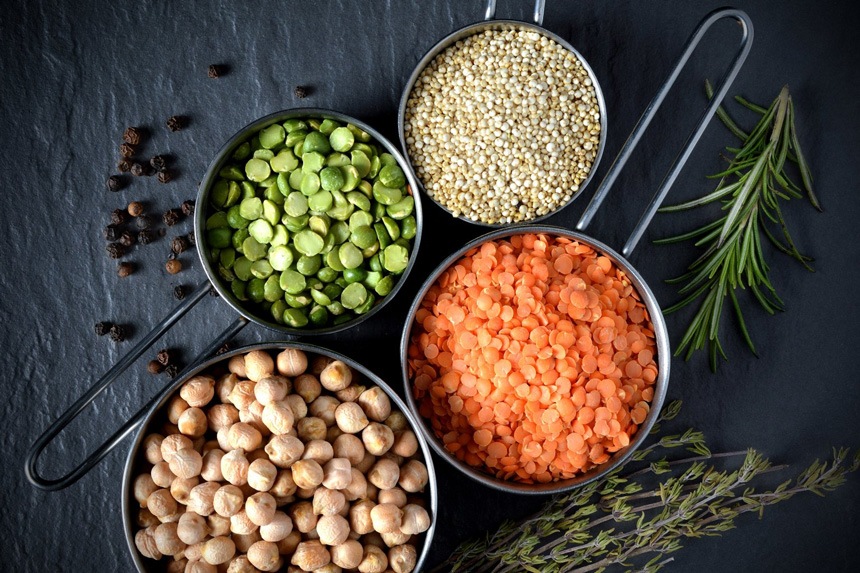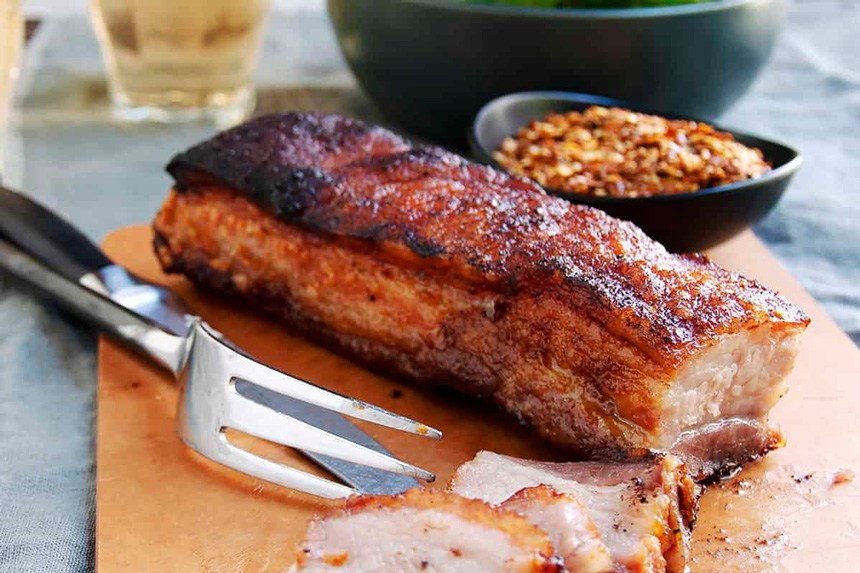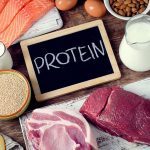Dried Peas and Beans

Legumes, including dried peas and beans, are an excellent source of protein and fiber but have a moderate purine content, which calls for moderation in consumption for those managing uric acid levels. Incorporating these nutrient-dense foods into a diet can be beneficial, but it’s essential to balance their intake to avoid potential gout flare-ups. Legumes offer significant health benefits, yet their purine levels require careful consideration for individuals with gout.
A study suggested that while legumes contain purines, their overall impact on gout risk may be less significant compared to other high-purine foods. This indicates that legumes can be part of a gout-friendly diet when consumed in moderation, providing essential nutrients without significantly affecting uric acid levels. [5]
Pork

Pork, a widely consumed meat, is rich in protein and essential amino acids but also has a notable purine content of about 160 milligrams per 100 grams. This makes pork another food that individuals with gout should consume cautiously. Pork’s nutritional benefits, including its high thiamine content, contribute to its popularity, yet its purine levels require moderation to avoid increasing uric acid production.
Choosing lean cuts of pork and consuming it in moderation can help manage uric acid levels for those with gout. This approach allows individuals to enjoy pork as part of a varied and balanced diet without exacerbating their condition.





